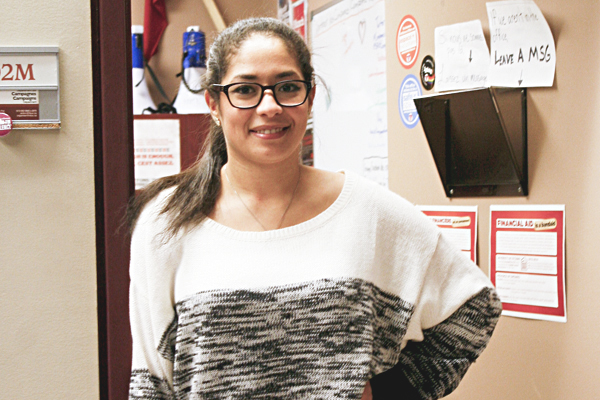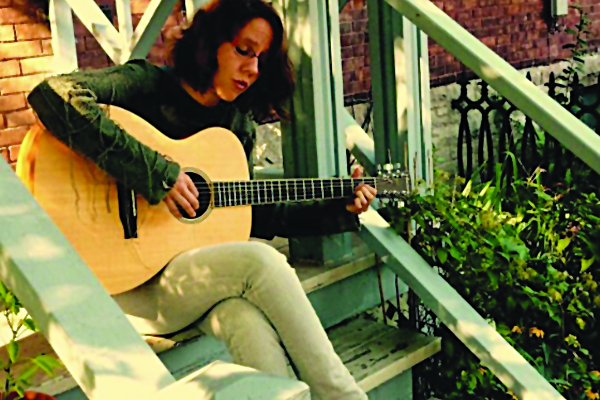
Three sides disagree on costs and effectiveness of pass
DISAGREEMENTS WERE SPARKED between the City of Ottawa, students, and citizens when Charlie Taylor, mayoral candidate in the past municipal election and recent Carleton University graduate, declared the numbers determining the new cost of the U-Pass don’t add up.
Taylor presented the data he collected to the city’s transit commission on Nov. 16, intensifying the discussion between the universities’ student unions and the city.
“Basically, [the city’s transit report] is a propaganda document being put forward to try to frame [the report] in a positive light,” said Taylor, who thinks the program costs more than students are paying. “Every page of the report is flawed. It is either seriously poor scholarship or deliberate misrepresentation.”
According to Taylor, the U-Pass program is harmful to both students and citizens. Those who don’t or can’t take the bus still have to pay for the program, and taxpayers cover a large portion of their bill.
Although the student unions at Carleton University and the University of Ottawa support the U-Pass, they agree the city’s numbers don’t make sense and claim the city hasn’t provided an acceptable explanation.
“What we did was we took the same raw data that the [city] had,” said Liz Kessler, vp university affairs for the Student Federation of the University of Ottawa (SFUO). “The statisticians we commissioned were unable to come up with the same [interpretation of] data to replicate the numbers they had.”
Knoxdale-Merivale councillor Keith Egli, vice chair of the transit commission, defended the city’s numbers.
“We have had [the numbers] run through two processes at City Hall,” said Egli. “The numbers were first done in house, at OC Transpo, based on their destination surveys. The numbers were double-checked by our treasurer and finance department.
“There is no mystery to how the math was done and the formula that was used,” he added. “I asked a lot of questions [and] the student organizations said they weren’t fine with the answers. We got answers from staff while the student representatives were there.”
The transit commission approved the proposed price if $360 for the 2012–13 U-Pass, a $70 hike from the previous price of $290. This amount must be approved in the budget during a council meeting later this month, then presented as a referendum question to the universities in the spring.
“I think there is broad support on council to continue the U-Pass,” said Egli. “There are a lot of advantages [to the pass], not the least of which is … continued use of transit. Even at $180 [per semester], it is considerable savings to students. The next closest fare if they wanted similar service … would be a monthly student pass, which over four months would cost $300.”
Taylor has joined with a group of like-minded students to oppose the U-Pass, arguing the program is flawed.
“Unfortunately, the City of Ottawa has already signed a letter of intent with the universities,” said Taylor. “We will make sure we have substantial ‘No’ campaigns this time around for the referendum to get that ‘No’ result.”
Kessler said it is ultimately up to students to decide the fate of the U-Pass in a referendum next semester.
“Students voted to have a U-Pass program that we implemented and we were advocating the U-Pass because it was something students could afford,” said Kessler. “A lot of students are upset about the fact that we are being asked to pay more money for less service.”
—Christopher Radojewski




